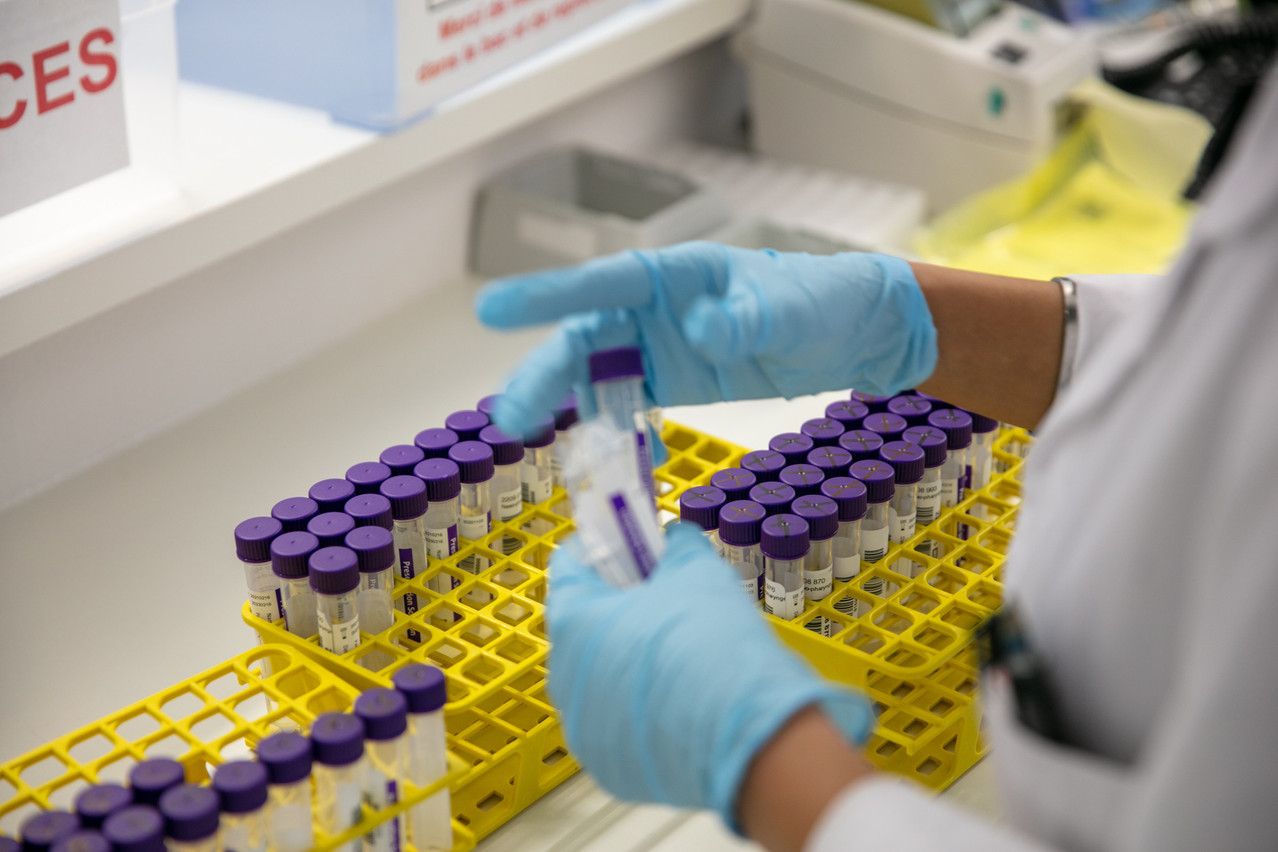The CCDH is one of several entities submitting opinions on the draft laws of the text, which lawmakers and the government can take into account before coming to a final vote. The group fears that charging for PCR tests could reinforce inequalities and have a negative impact on social cohesion.
The government had earlier this month announced that it would no longer pay for PCR tests from 15 September. Over the summer, it had turned the large-scale testing programme into a free testing service on a first come first served basis. But since everyone has in the meantime been given the option to get vaccinated, free PCR tests to be able to access CovidCheck venues or events, or for travel are set to become a thing of the past.
The CCDH said this strategy raises “legal, societal and epidemiological questions” with a risk of discrimination against people depending on “their state of health, their financial situation or their conviction.”
Tests cost around €50 at private laboratories. Free tests will continue to be available if prescribed by a doctor, in case of clusters--for example at a school--or for people who are unable to get vaccinated for medical reasons or because they are younger than 12.
Charging for tests could interfere with the fundamental rights of citizens, the CCDH warned. By law any interference in the fundamental rights of citizens must pursue a legitimate aim and be proportionate.
Risk infections go undiagnosed
Another risk is the marginalisation of the unvaccinated, the committee said. "While financial pressure may lead some people to be vaccinated, others will certainly not be convinced and risk being further marginalised. In this context, the CCDH also wonders whether a restrictive approach might not increase the social divide, or even radicalisation among some people, instead of strengthening support for vaccination,” the report states.
The CCDH warned that difficulty accessing tests could hinder the detection of infections, as the vaccinated may still be carriers of the virus. This could be true especially for under-24s who are among the least vaccinated but possible less likely or able to pay for a test. In addition, the committee asked whether people vaccinated with a formula not recognised by the EU will also have to pay for their tests.
To conclude, the CCDH said the government should avoid discriminatory situation, favour an inclusive approach and raise awareness for the benefits of the vaccine, because the human rights committee agrees that people should get their jabs.
"In the light of the knowledge available to us, refusing to vaccinate at all costs, other than for medical reasons, can be seen as contrary to the concept of a society based on solidarity, which aims to protect everyone,” it said.
This article in Paperjam. It has been translated and edited for Delano.
